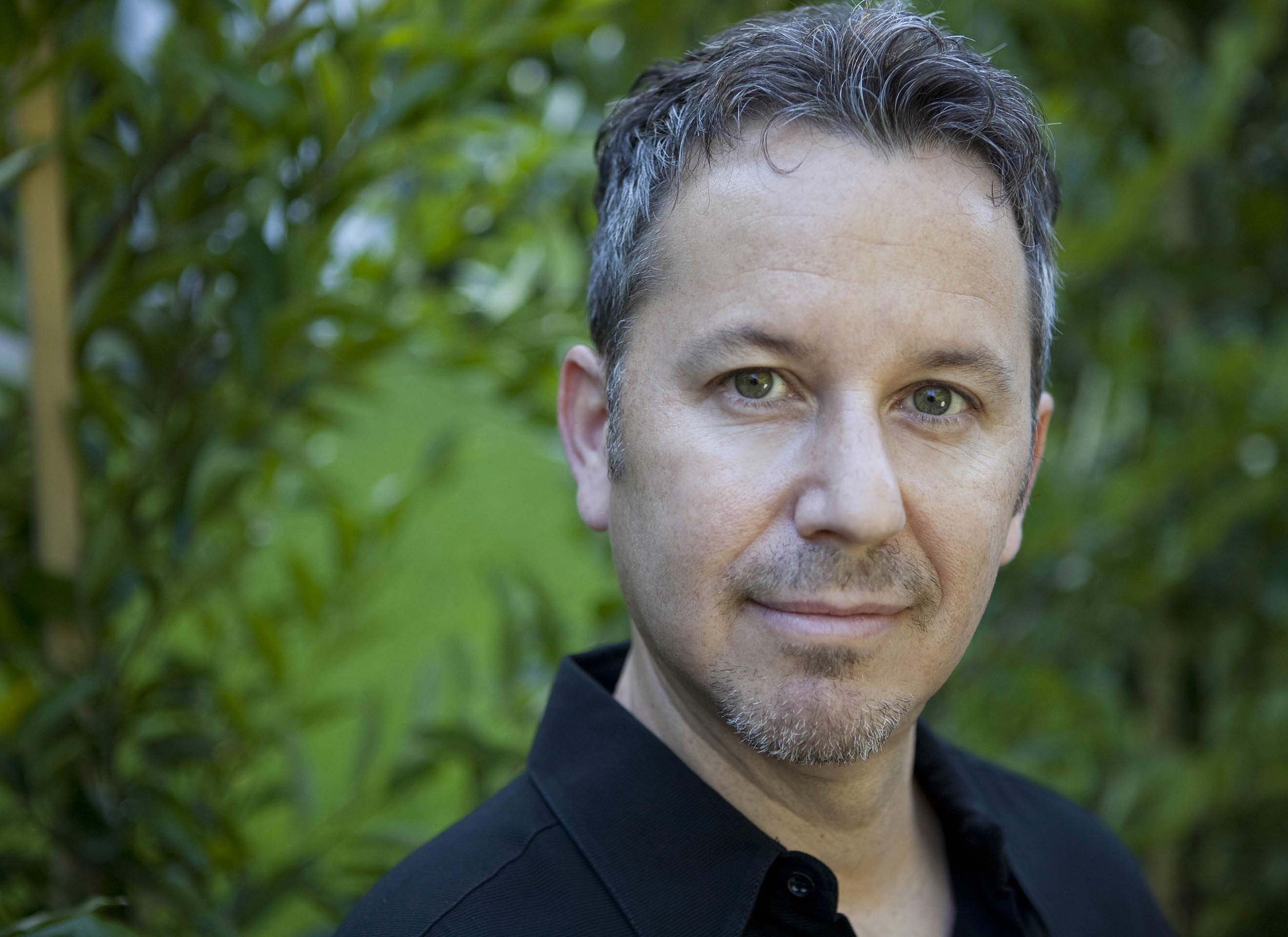Neil Landau knows a thing or two about filmmaking. His credits include co-writing “Don’t Tell Mom The Babysitter’s Dead” and screenwriting for “The Secret World of Alex Mack,” “Melrose Place” and “The Young and the Restless.” So it made perfect sense when this alumnus of the School of Theater, Film and Television was approached to write a book about the knowledge he’d gained while a film student here at UCLA.
Landau just released “101 Things I Learned in Film School,” an illustrated collection of suggestions and advice he picked up while studying and being a part of the entertainment industry. He will lead a discussion about his book and a screenwriting workshop tonight at Skylight Books.
But of course, Landau wasn’t always planning to be the author of a book.
Landau began as a playwright in high school, where he won several awards and garnered attention from a local literary agent. Though he was only 17, the agent encouraged Landau to try his hand at screenwriting and to keep in touch.
Landau obliged and wrote a short film called “The Fred Astaire Complex.”
“It’s about a delusional guy who thought he was Fred Astaire,” Landau said. “You kind of see how pathetic his life is, until he’s at the supermarket and meets a girl who thinks she’s Ginger Rogers.”
Though the film went over well, it wasn’t until one of his UCLA professors, Cynthia Whitcomb, intervened that Landau got an agent. He had begun writing with fellow UCLA student Tara Ison when Whitcomb recommended the pair to an agent who was looking for young screenwriters.
“We wrote a script called “˜The Real World’ which became “˜Don’t Tell Mom the Babysitter’s Dead,'” Landau said. “(The agent) read it over the weekend and called Sunday. He asked us to come in Monday and he signed us.”
Landau was 22 at the time.
“I had been working at a travel agency, I wasn’t even a real travel agent ““ I was an assistant to a travel agent,” he said. “We sold the script for $250,000. So my whole life changed, financially certainly. That script then brought a lot of other jobs.”
Ison and Landau’s success continued after they sold the script. When the pair was called to pitch stories for the show “Doogie Howser, M.D.,” they were surprised to see a familiar face.
“The actor who played Fred Astaire in my little film, he, at this point, had become a writer and producer on “˜Doogie Howser, M.D.,'” Landau said. “It was like a reunion of my short film.”
Ison and Landau worked pretty steadily for about five years, then decided to split up because she wanted to write a novel and Landau wanted to write a screenplay.
Landau recalls his job as a screenwriter for MTV’s “Undressed” as one of his favorite times in his career.
“I worked on “˜Undressed’ season one and then season two I was one of the head writers, and that was a blast,” he said. “It was low budget, we shot on three soundstages simultaneously, and the show was on five nights a week, so we had to create tons of material, tons of stories. We had to write scripts so fast … and often we’d shoot them the same day that we wrote them.”
After many years of experience, and after teaching in the Master of Fine Arts Program at the School of Theatre, Film and Television, Landau was approached to write a book about some of the things he’d learned.
“I actually got an e-mail from this guy named Matt Frederick, and he was looking for someone who was either a writer or director and professor that could do this book,” Landau said.
He spent some time gathering tips and suggestions that he’d found important, and asked around for suggestions from friends in the industry.
“A lot of what I got in the book, I learned from Professor Howard Suber. He’s just brilliant,” he said.
As a former associate dean of the School of Film and Television, Suber seems to have some wise words for any aspiring filmmakers.
“The most important thing you learn in any professional program is how to think like the people in that profession,” Suber said. “Learning to think like a filmmaker can save you years of randomly trying to figure this out.”
Landau has learned to think not only like a filmmaker, but as a screenwriter as well.
“Obviously being a screenwriter, the book leans more heavily on narrative. … I’m a storyteller,” Landau said. “But there’s lessons on lighting and sound; it kind of covers everything. The idea of the book, it’s obviously not to replace film school, it’s for people who are interested in going to film school. It would give you a kind of overview of the types of things you would learn, and if you’ve already graduated or are working professionally … you can basically just flip to any page and it will give you a bit of insight or advice on filmmaking.”
Whitcomb, Landau’s former professor, said she believes that “101 Things I Learned in Film School” will be very useful.
“It’s about time someone wrote a book on screenwriting who is not only smart and successful, but funny and a great guy,” Whitcomb said. “We’ve all heard enough about how hard it is. Neil’s here to teach us how great it is.”
